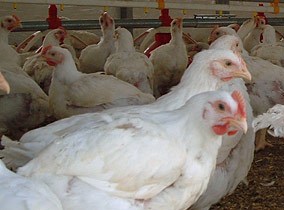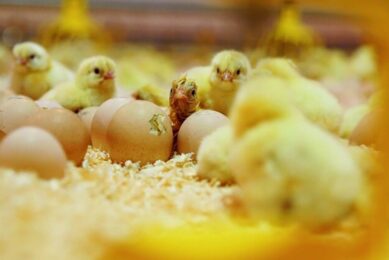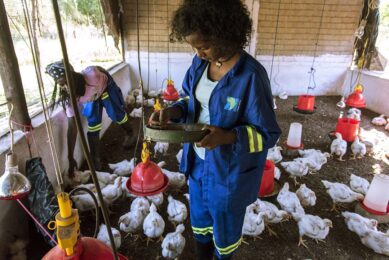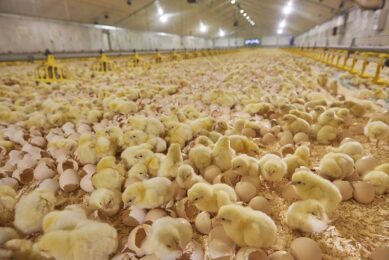Antibiotic use discussed in Washington, DC

Livestock and poultry groups hosted educational briefings this week in Washington DC regarding antibiotic use in raising food animals. This comes 2 weeks after a CBS Evening News report questioned the practice.
The informational sessions were co-hosted by several US livestock groups, among which were the National Chicken Council, the National Turkey Federation, the National Pork Producers Council, the National Cattlemen’s Beef Association, the National Milk Producers Federation, the American Meat Institute, and the National Meat Association.
The briefings were held in cooperation with US representatives from both Democratic and Republican background and included US livestock and poultry health experts.
“Maintaining access to FDA-approved safe and effective technologies, including animal health products, helps ensure both the health and resource efficiency of US herds and flocks,” said Dr Guy Loneragan, an epidemiologist and associate professor at West Texas A&M University.
Many organisations and scientists in the US point out that “there is no conclusive scientific evidence that shows the use of antibiotics on farms contributes significantly to an increase in antibiotic resistance in humans.” They add that there is a growing body of evidence that the responsible, professional use of these products keeps animals healthy and enhances animal welfare while not contributing to resistance.
Activist groups claim the contrary, and the CBS report included a look at the Denmark antibiotics ban. For reasons of potential antibiotic resistance, in the whole of the EU, the use of antibiotics as growth promotor has been banned since January 2006. In the EU, producers can still use them for disease control purposes.
“We use antibiotics judiciously and responsibly to protect the health of our herds and to produce safe pork,” said Craig Rowles, DVM. “We know that a ban on antibiotics, like the one in Denmark, will have adverse affects on our pigs, will raise the cost of production and will not provide a benefit to public health.”
Nearly a year ago legislation titled the Preservation of Antibiotics for Medical Treatment Act was introduced in the House by Representative Louise Slaughter and in the Senate by the late senator Edward Kennedy and 17 co-sponsors.
The livestock and poultry groups oppose the legislation.
“Taking FDA-approved animal drugs off the market would leave farmers and veterinarians with very limited options for preventing and controlling disease in livestock and poultry, which would have serious repercussions for animal health and preventing foodborne disease, with the strong likelihood that there would be no improvement in human health,” said Dr Timothy Cummings, clinical poultry professor for the Department of Pathobiology and Population Medicine at Mississippi State University. “It’s absolutely vital that any decisions about the care of animals and the safety of our food be based on sound science rather than unsubstantiated concerns.”
According to Dr. Leon Weaver, a veterinarian and dairy farmer from Montpelier, Ohio: “The US dairy industry conducts more than 3.3 mln tests each year on all milk entering dairy plants to ensure that antibiotics are kept out of the milk supply. According to the most recent US Food and Drug Administration (FDA) data, less than one tanker in 3,800 tests positive for any animal drug residues, including antibiotics. In those rare cases, any milk that tests positive is disposed of immediately and does not get into the food supply.
Join 31,000+ subscribers
Subscribe to our newsletter to stay updated about all the need-to-know content in the poultry sector, three times a week. Beheer
Beheer








 WP Admin
WP Admin  Bewerk bericht
Bewerk bericht